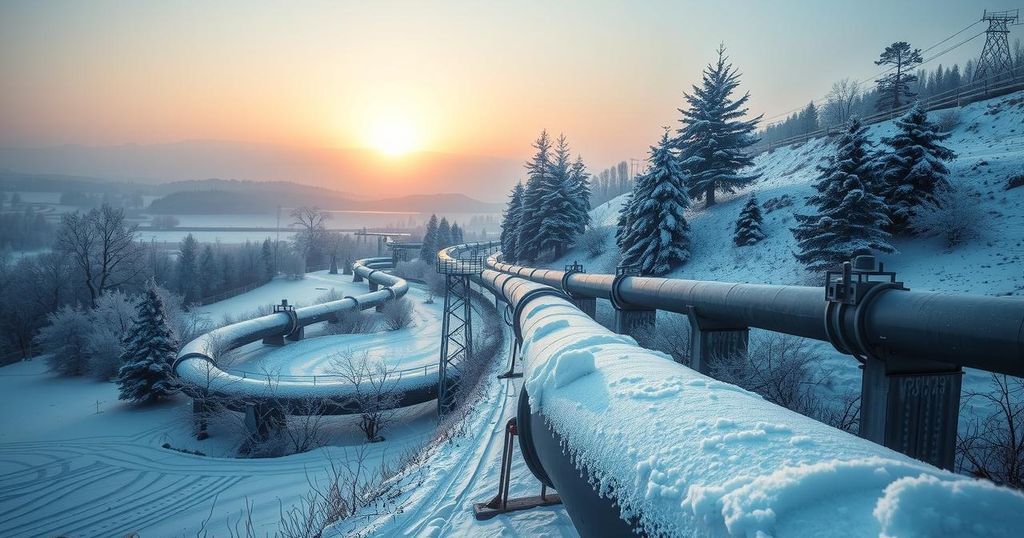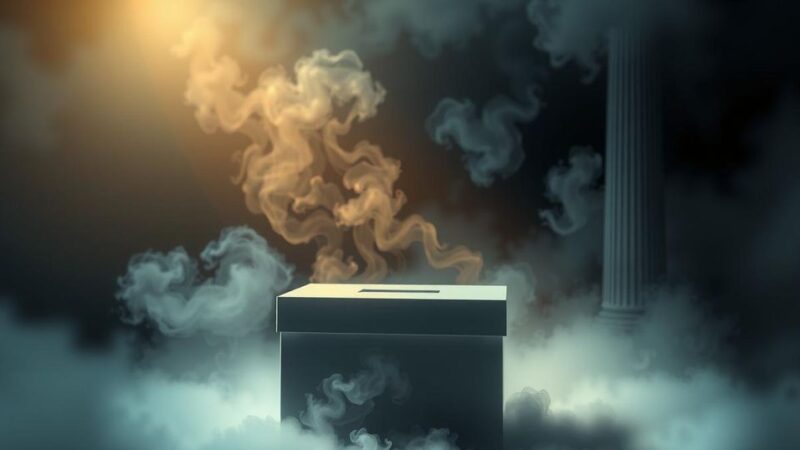Despite severe domestic gas shortages, the Iranian regime is continuing gas exports to Iraq. This decision comes amidst harsh winter conditions, U.S. sanctions, and Iraq’s outstanding debt to Iran. While Iranian officials claim sufficient domestic production, many citizens face significant heating difficulties. The government is criticized for prioritizing foreign energy agreements over the suffering of its own population.
Iran continues to export gas to Iraq, defying domestic shortages amidst one of the coldest winters in recent years. Despite U.S. sanctions and Iraq’s $11 billion debt for previous energy imports, Iranian authorities, represented by Saeed Tavakoli, CEO of the National Iranian Gas Company, confirmed the extension of a long-term export contract. Tavakoli dismissed concerns about the sanctions’ impact on these transactions, claiming that a recent U.S. waiver revocation applies to different types of gas transactions.
Despite the assurances from officials regarding domestic gas production, many Iranians are suffering from gas shortages and power outages, with homes left cold due to repeated blackouts. Tavakoli stated that 72% of gas production is consumed domestically, aiming to calm public unease, yet reports reveal that many households lack heating. The dichotomy of Iran’s vast natural gas reserves juxtaposed with its import needs highlights ongoing inefficiencies in energy management.
The Iranian government’s enduring energy deals with Iraq within this contentious context aggravate the situation, particularly against the backdrop of Baghdad’s unfulfilled payments due to international sanctions. Iraqi officials have indicated that payments were made to the Trade Bank of Iraq, yet they remain blocked, further complicating the energy landscape. Meanwhile, U.S. policy has altered dynamics significantly with the recent revocation of Iraq’s sanctions exemption, raising concerns about the stability of Iraqi energy supplies.
Expert Harry Istepanian forewarned that without immediate measures to secure alternative gas supplies, Iraq may experience protests or unrest due to energy shortages. This situation is exacerbated as Iran prioritizes exports over addressing energy crises at home, even as public frustration mounts amidst widespread heating crises and reports of rationing in 28 provinces of Iran.
As schools and government offices shut down due to the energy crisis, millions of Iranians are left to confront severe winter conditions. Instead of activating domestic remedies, the Iranian regime remains focused on sustaining gas exports, thereby revealing a disconcerting prioritization of foreign energy agreements over the welfare of its own populace.
The Iranian energy sector is experiencing a significant paradox where the nation, possessing the world’s second-largest natural gas reserves, faces severe domestic shortfalls. The situation is worsened by escalating gas exports to Iraq, where the Iranian government continues facilitating energy transactions despite international scrutiny and sanctions. As the Iranian populace suffers from gas shortages, this disparity illustrates the regime’s preoccupation with maintaining regional influence and economic ties at the expense of its citizens’ needs.
In summary, Iran’s decision to persist in exporting gas to Iraq, despite facing severe domestic shortages, highlights a troubling alignment of government priorities. The ongoing energy crisis exacerbated by harsh winter conditions reflects the ineffective management of resources, leading to widespread public discontent. While authorities maintain claims of energy stability, the reality suggests a dire need for re-evaluation of export policies in order to better address and meet the domestic needs of the population.
Original Source: www.ncr-iran.org






